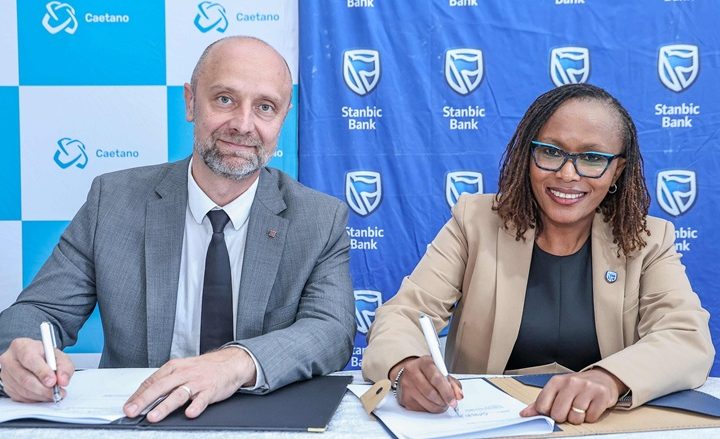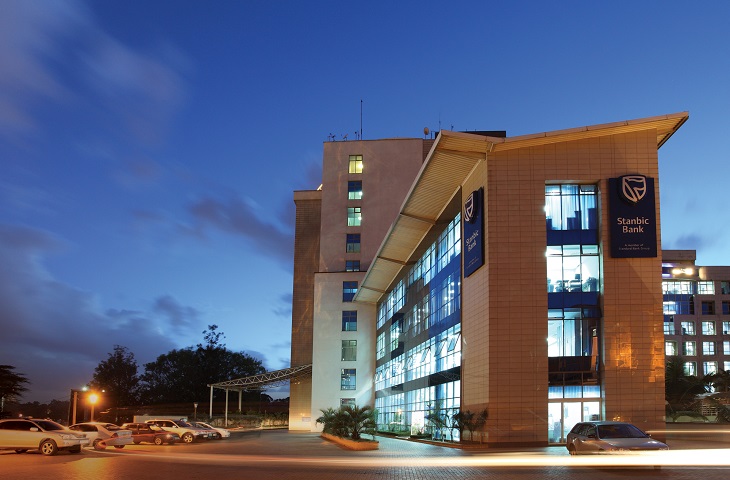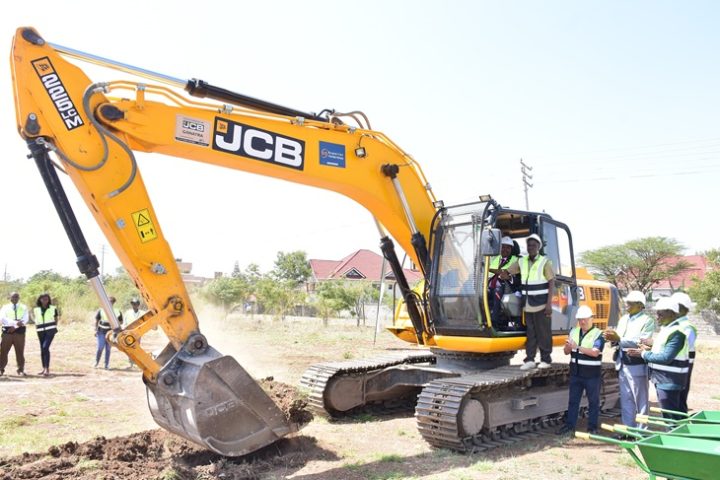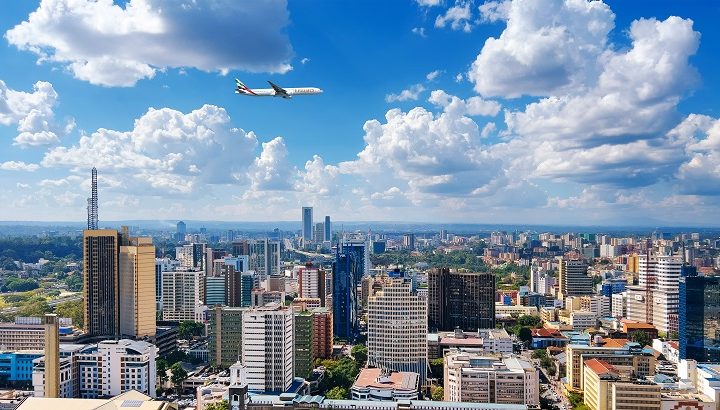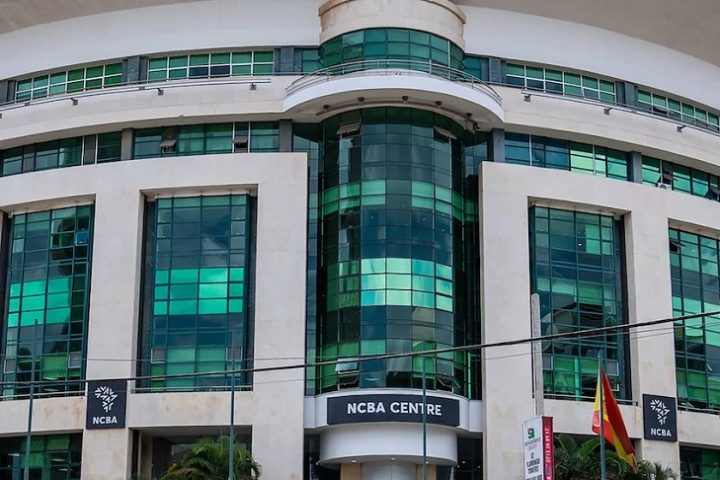Business conditions in Kenya remained in a steep decline halfway through the final quarter of the year according to the latest PMI® survey data, amid sizeable falls in output, new orders, and employment.
Firms across the private sector noted that rapid inflation had again suppressed demand and created cash flow challenges, leading to further cuts in activity, staffing, and purchasing.
Indeed, inflationary pressures on firms stayed near record levels during November, following October’s historic uplift, as companies widely reported currency depreciation, higher taxes, and increased fuel charges. The rise in input costs translated into another marked uplift in firms’ output charges, which was also slightly softer than October’s survey record.
The headline figure derived from the survey is the Purchasing Managers’ IndexTM (PMI®). Readings above 50.0 signal an improvement in business conditions in the previous month, while readings below 50.0 show a deterioration.
At 45.8, dropping from 46.2 in October, the headline index pointed to a sharp decline in the performance of the Kenyan private sector in November. The reading marked the third contraction in as many months and was among the weakest seen in the index’s near decade-long history.
Driving the downturn in operating conditions was another historic increase in business costs during November. After reaching the highest level in the series history one month ago, the rate of input cost inflation remained marked and was the second-fastest on record, with firms largely relating this to a further depreciation in the shilling against the US dollar, higher taxes, and greater fuel charges.
Likewise, output prices increased at a near-record pace in the latest survey period, as companies often passed on costs to clients to maintain their margins. Rapid inflationary pressures on businesses and customers alike resulted in sustained contractions in activity and new business.
The latest survey data indicated a sharp fall in new order volumes, one that was similar to October’s and among the worst on record. Reports from survey members showed that customer spending had fallen due to increased prices and cash flow challenges.
Subsequently, output levels were pared back at a steep and accelerated rate. Contractions were seen in nearly all sectors, with agriculture the only broad category to record an expansion.
By contrast, construction firms suffered the worst declines in new orders and output. Reductions in output and new orders led to quicker falls in purchasing and employment at Kenyan firms in November. Most notably, staff numbers dropped at one of the sharpest rates on record, with stronger falls only registered during the first COVID-19 lockdown.
Lower input purchases helped to shorten delivery times for the second month running, although the improvement was only slight. Finally, business expectations for the coming year were subdued and dropped slightly to a four-month low.
In total, just 17% of companies were confident of growth, linked to expansion plans and the launching of new products and services.
Related Content: Stanbic Gave Out Ksh 76 Million To Over 400 Green SMEs



